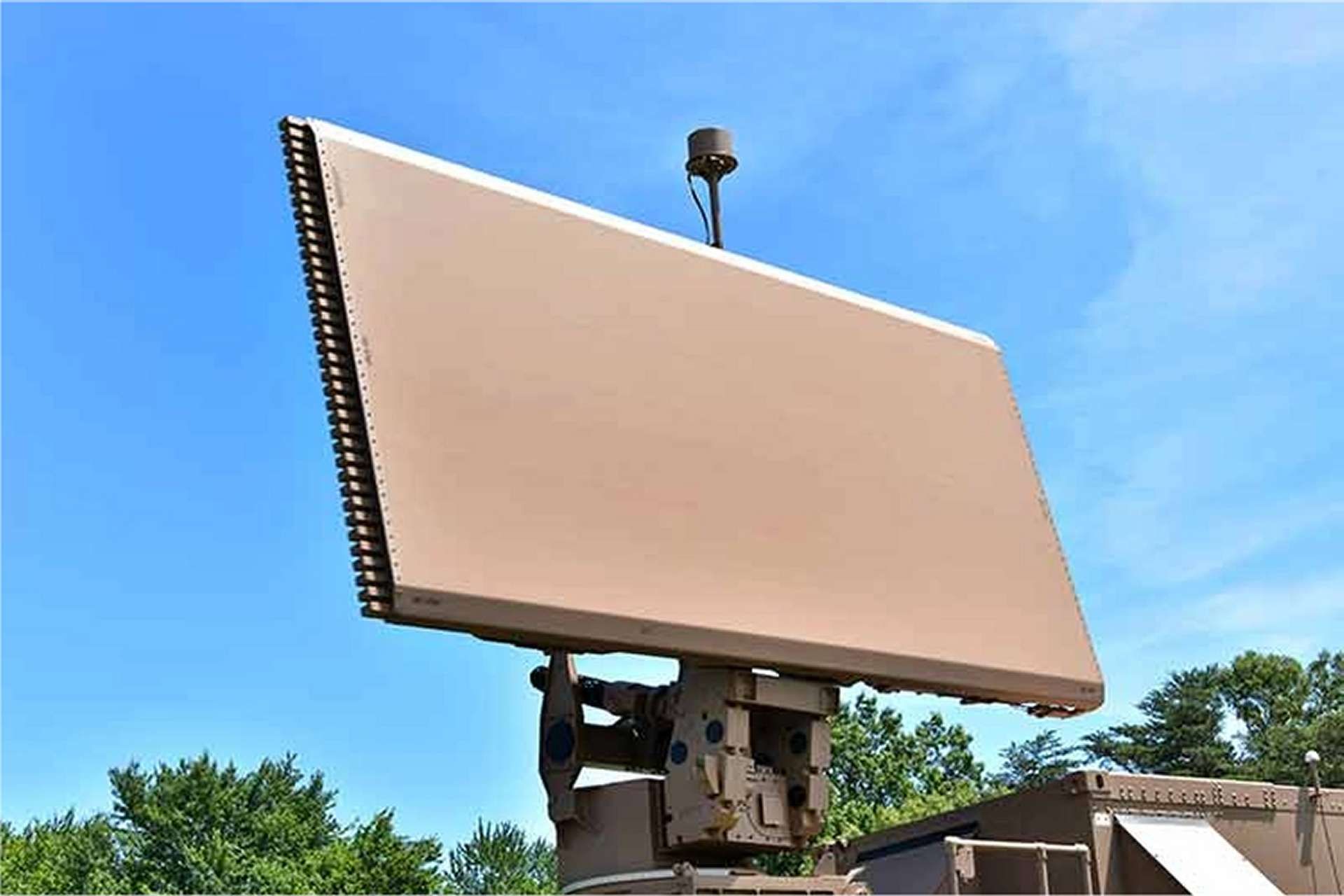Breaking News
Egypt Approves Purchase of US AN/TPS-78 Long-Range Radar Systems.
On February 4, 2025, the U.S. State Department announced that it had approved a potential Foreign Military Sale (FMS) to Egypt for the acquisition of AN/TPS-78 long-range radar systems, valued at approximately $304 million. This sale aims to strengthen Egypt’s defense capabilities and improve regional security, with the Defense Security Cooperation Agency (DSCA) notifying Congress of the proposed transaction.

As part of the sale, Egypt will receive AN/TPS-78 long-range radar systems. (Picture source: Northrop Grumman)
As part of the sale, Egypt will receive AN/TPS-78 long-range radar systems, KIV-78 cryptographic devices, GPS devices with Selective Availability Anti-Spoofing Modules (SAASM), as well as a range of additional components. These include spare and repair parts, software and software support, as well as personnel training and logistics services. The sale also includes technical and engineering support from the U.S. government and contractors to ensure the effective integration and operation of the equipment within the Egyptian Armed Forces.
The AN/TPS-78 radar system is designed to detect various air threats, thus enhancing Egypt's ability to face current and future security challenges. Egypt already operates a combination of radar systems, and this addition will improve its air defense capabilities without disrupting the regional military balance. The radar systems and associated services will significantly boost Egypt’s readiness to address emerging threats.
The principal contractor for this project will be Northrop Grumman Corporation, based in Falls Church, Virginia. To date, no offset agreement has been proposed, but negotiations for such an agreement may take place between the contractor and Egypt in the future.
The AN/TPS-78 is a long-range surveillance radar from the ADCAP (Advanced Capability) family developed by Northrop Grumman, a company with over 60 years of experience in building high-performance radars. Operating in the S-band, this radar is designed to offer advanced detection and tracking capabilities for both aerial and maritime targets. It can detect slow-moving targets, including drones and ships, thanks to a small target tracking subsystem that integrates sophisticated automatic detection and tracking algorithms. This system reduces the risk of false detections, thus enabling more reliable surveillance in complex environments.
The AN/TPS-78 stands out due to its long-range surveillance capability, reaching up to 444 km (240 nautical miles), and offers fast update rates suited for ground control and air interception missions. The radar can track tactical ballistic missiles, making it highly suitable for a wide range of air surveillance missions. Its stacked beam architecture ensures superior performance in difficult conditions such as ground clutter, rain, and chaff, enabling simultaneous detection of high- and low-altitude targets even in heavily cluttered environments on land or at sea.
The AN/TPS-78 is designed for exceptional mobility. All electronic components, including the transmitter, are housed in a 4.3-meter ISO shelter that can be easily transported by C-130 aircraft or helicopter, and can be deployed by a team of four in less than 30 minutes. A highly mobile version is also available, integrated into an all-wheel-drive vehicle, offering increased flexibility for operations in the field.
With a modular design, the AN/TPS-78 ensures high reliability and ease of maintenance, with a mean time between failures (MTBCF) greater than 3,000 hours and a mean time to repair (MTTR) of less than 30 minutes. These features help reduce logistical costs and ensure optimal equipment availability in the field, making it a strategic choice for armed forces seeking to enhance their air and maritime surveillance capabilities.
The U.S. government has assured that this sale will not require the deployment of additional U.S. personnel to Egypt and will have no adverse impact on U.S. defense readiness. This sale is expected to contribute to U.S. foreign policy and national security objectives by enhancing the security of a key ally in the Middle East.
This approval marks an important step in Egypt’s ongoing modernization efforts, strengthening its military capabilities while supporting regional stability and reinforcing ties between the U.S. and Egypt.


























